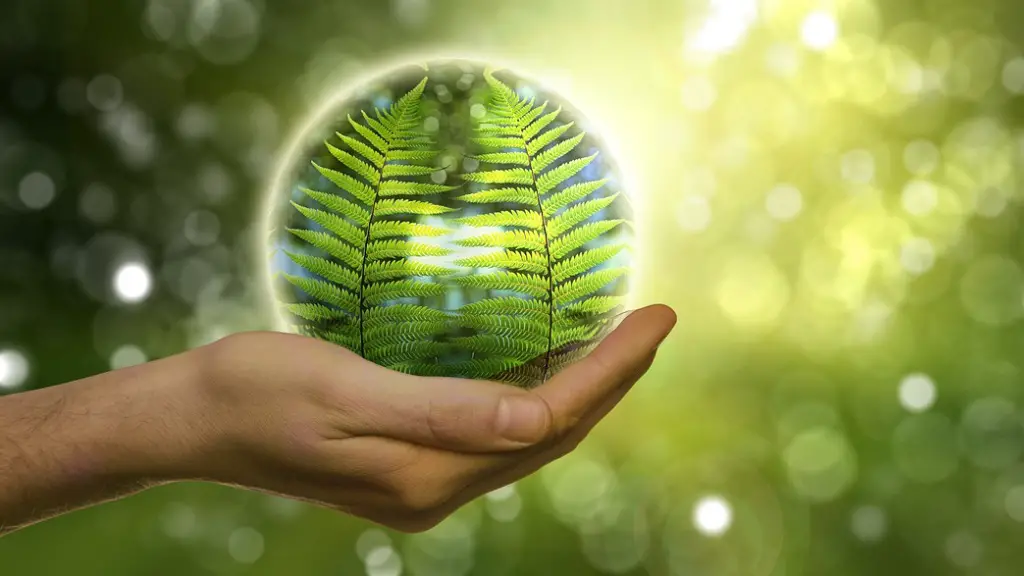Climate change, and especially global warming, has created an incredibly complex, dangerous, and uncertain environment that has already had an immense effect on the ways in which our planet operates. A major impact of global warming is the increase in occurrences and severity of natural disasters, including droughts. Thus, it is valid to ask whether global warming can indeed cause droughts, and if so, what can be done to mitigate them.
To fully understand this question, experts need to better understand the scale, severity, and potential consequences of global warming. Research shows that, over the past century, global temperatures have increased on average by 1.4°F, upsetting the natural balance between precipitation and drought cycles. This has caused more frequent and intense droughts, leading to water shortages and impacting regional ecosystems. For example in 2018, the southern area of the United States experienced an extreme drought, resulting in an ongoing battle between farmers to secure water rights and access to land.
In addition, global warming is causing extreme weather patterns, such as heatwaves. Such weather patterns draw moisture out of the soil, leading to periods of unusually dry soils that can result in serious droughts. It is believed that the recent increase in droughts can be partially attributed to global warming. In fact, research has determined that the largest contributor to global warming is the burning of fossil fuels, which releases heat-trapping gases, such as carbon dioxide, into the atmosphere.
In order to prevent and mitigate the impacts of global warming on droughts, experts suggest a range of strategies. These include reducing the use of fossil fuels and increasing the use of renewable energy sources, such as wind and solar power. By transitioning to cleaner and more efficient energy sources, we can reduce the amount of greenhouse gases in the atmosphere and make meaningful strides in controlling the effects of global warming.
In addition, adaptation strategies can be implemented to deal with current and future droughts caused by global warming. These include water conservation measures, such as water harvesting and mulching, and crop selection to improve drought-tolerance. For example, in some areas, farmers have been able to use drought-tolerant crops that require less water.
Overall, it is clear that global warming can and does cause droughts. In order to protect our planet and its inhabitants, it is imperative that we take action to mitigate the impacts of climate change and global warming. As individuals, we can do our part to reduce greenhouse gas emissions by making informed choices about our energy sources and making small changes in our daily habits to conserve water and resources. It is essential that we understand the implications of global warming and work together to create a more sustainable and resilient future.

